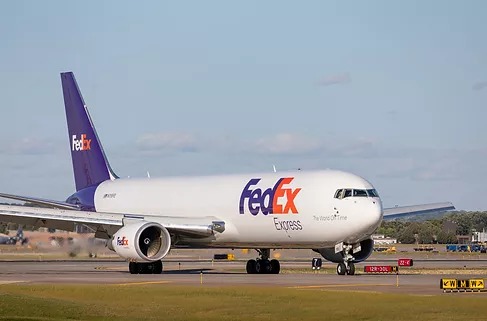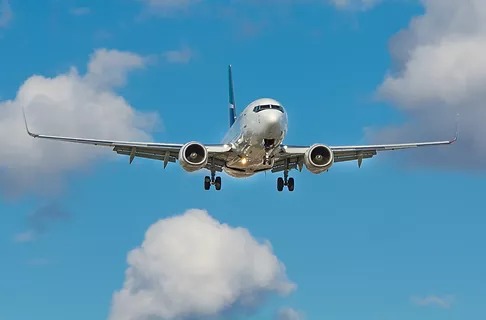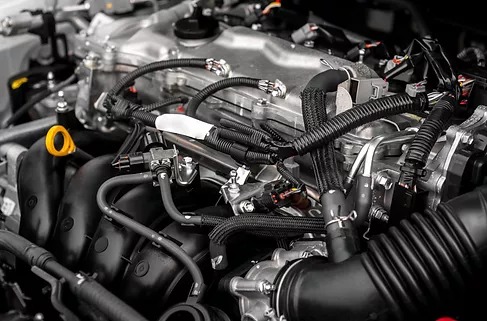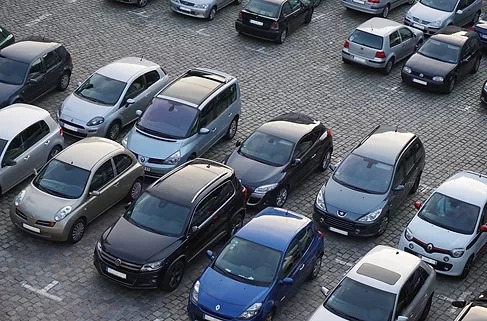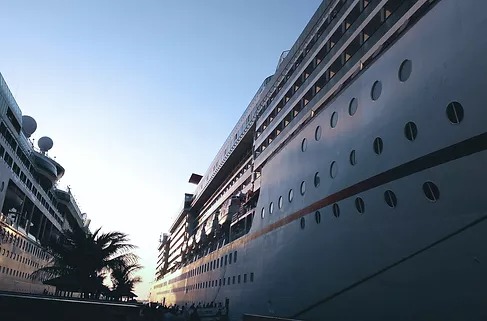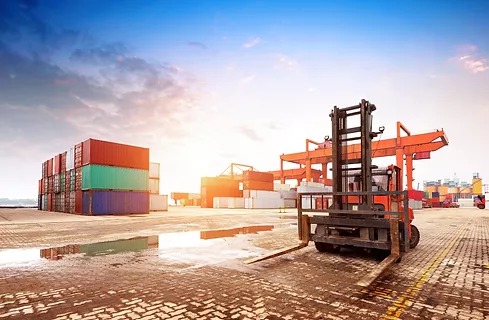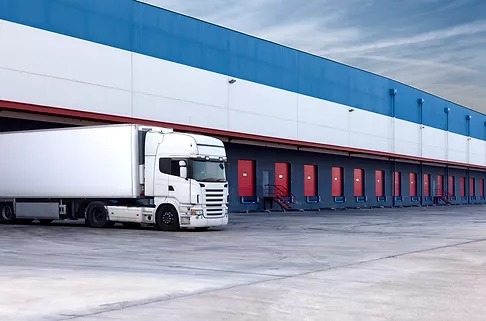Industries
1. Air Freight & Logistics
2. Airlines
3. Auto Parts
4. Automobiles
5. Car Rental & Leasing
6. Cruise Lines
7. Marine Transportation
8. Rail Transportation
9. Road Transportation
Range of Transportation Risks
1. Accidents & Safety Management
2. Supply Chain Management
3. Environmental Footprint of Fuel Use
4. Competitive Behaviour
5. Employee Inclusion
6. Product Lifecycle Management
7. Ecological Impacts
8. Business Ethics
9. Fleet Fuel Economy & Utilisation
HEALTHCARE
ESG Strategy
Supply Chain
INFRASTRUCTURE
Carbon Footprint

